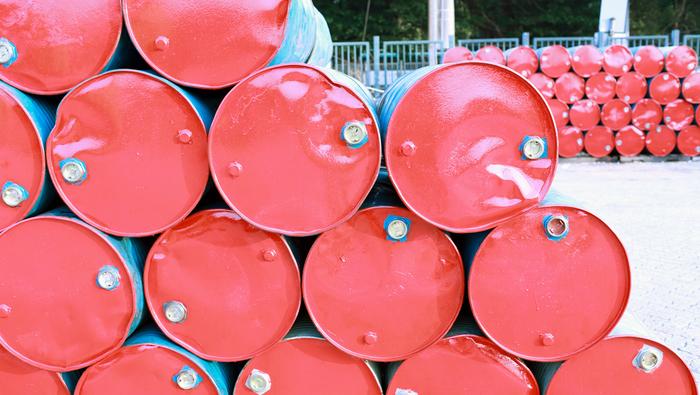Talking Points:
- US Pres. Obama to submit a $10 per barrel tax on oil in his 2017 fiscal budget plan
- The tax is estimated to raise the cost of a gallon of gas for consumers by 25 cents
- Policy could help lift US headline inflation heavily deflated by the resource’s tumble
Are you new to forex trading? Look at our free Trading Guides.
United States President Barack Obama reportedly proposed a $10-per-barrel tax on oil in his 2017 fiscal budget plan, which is scheduled for release on February 9th. If passed through congress, the policy is expected to be phased in over the next five years. That said, House Speaker Paul Ryan remarked that the plan was “dead on arrival in Congress”, suggesting the plan budget item carried little chance of success.
News outlets have approximated the tax could bring in $32 billion dollars in federal revenue annually. The White House economic adviser noted this was a tax that would be levied against oil companies, but admitted the cost would likely be passed on to consumers. The tax is forecasted to increase the cost of a gallon of gasoline by 25 cents for consumers.
As a possible side effect, if enacted, the plan may help stoke inflation expectations in the United States and beyond. Many central banks and economists have attributed the fall in energy prices have heavily weighed on headline inflation figures, which have in turn been used to at least partially justify extremely accommodative policy stances. Should this important commodity price rebound materially in response to this news or other factors, it could quickly alter the course of inflation trends. The resource has lost nearly 78 percent of its value since its 2008 high.





